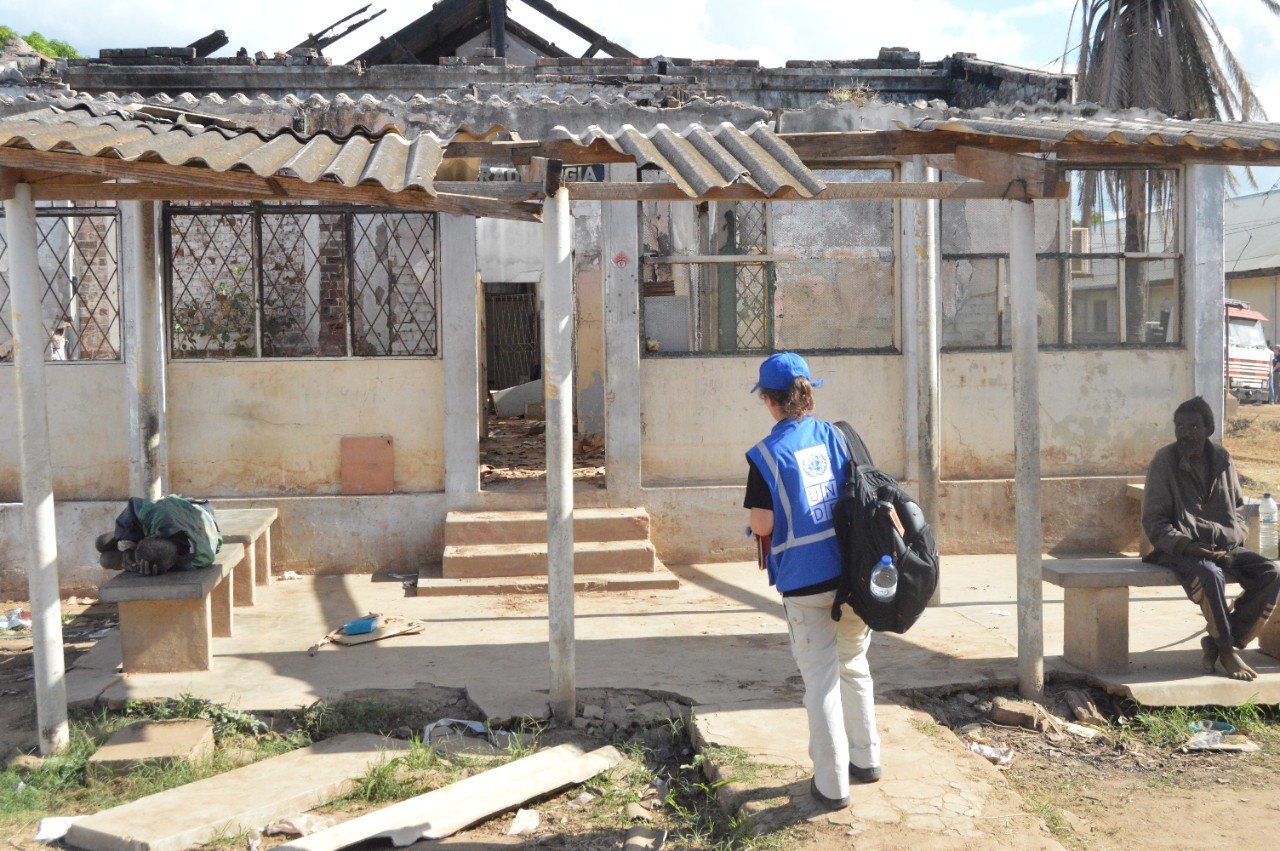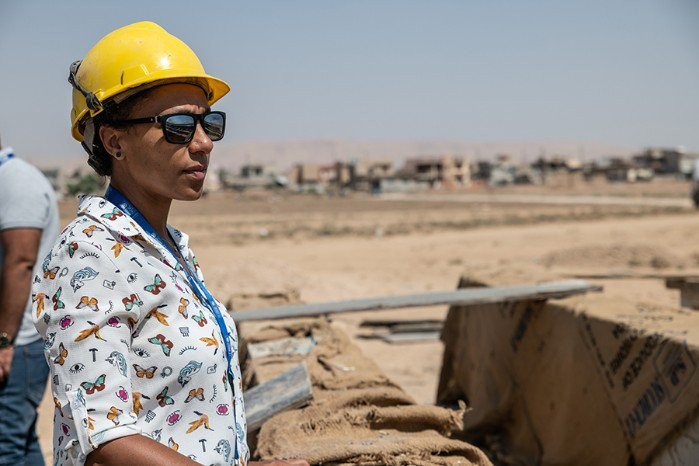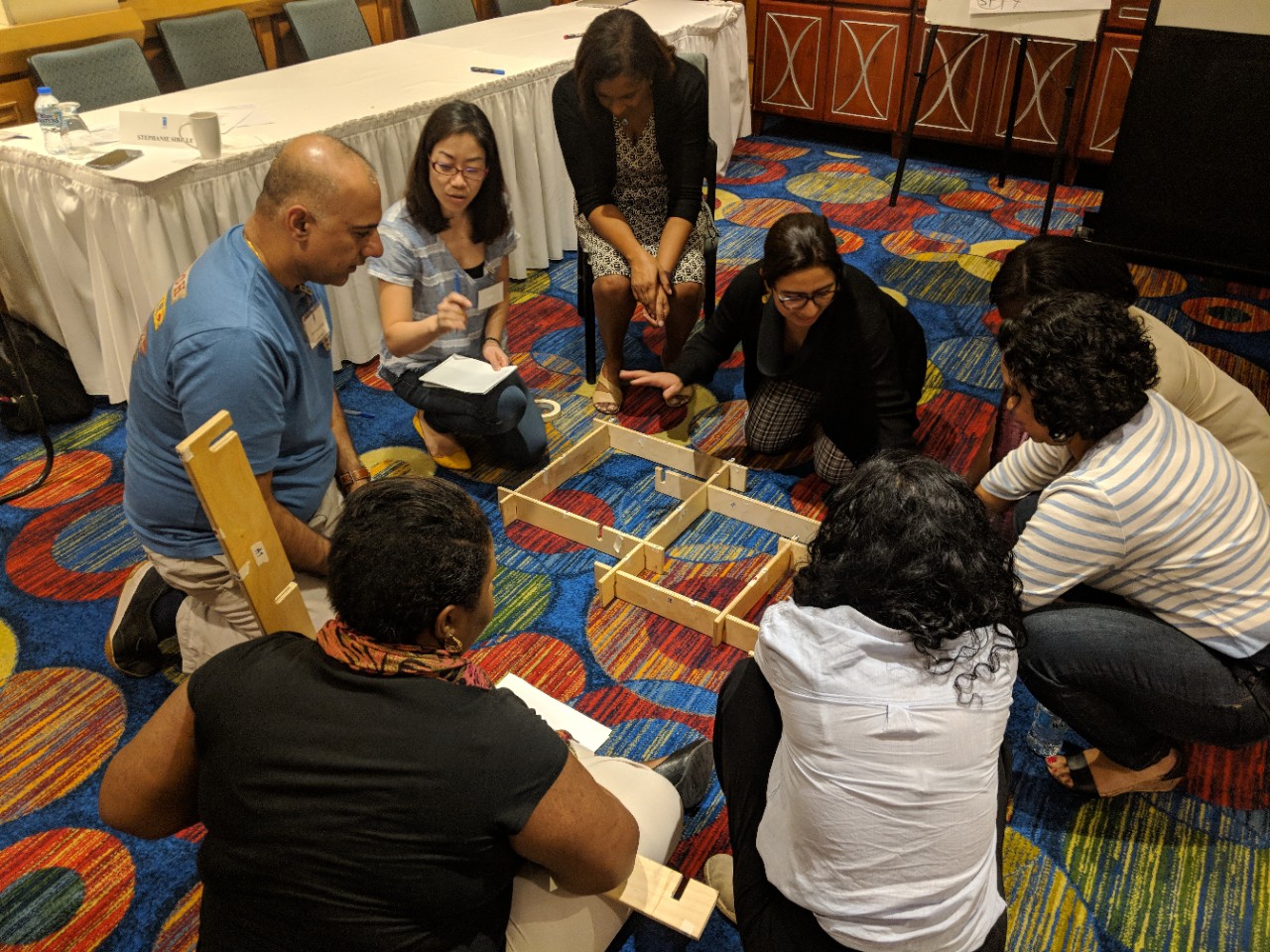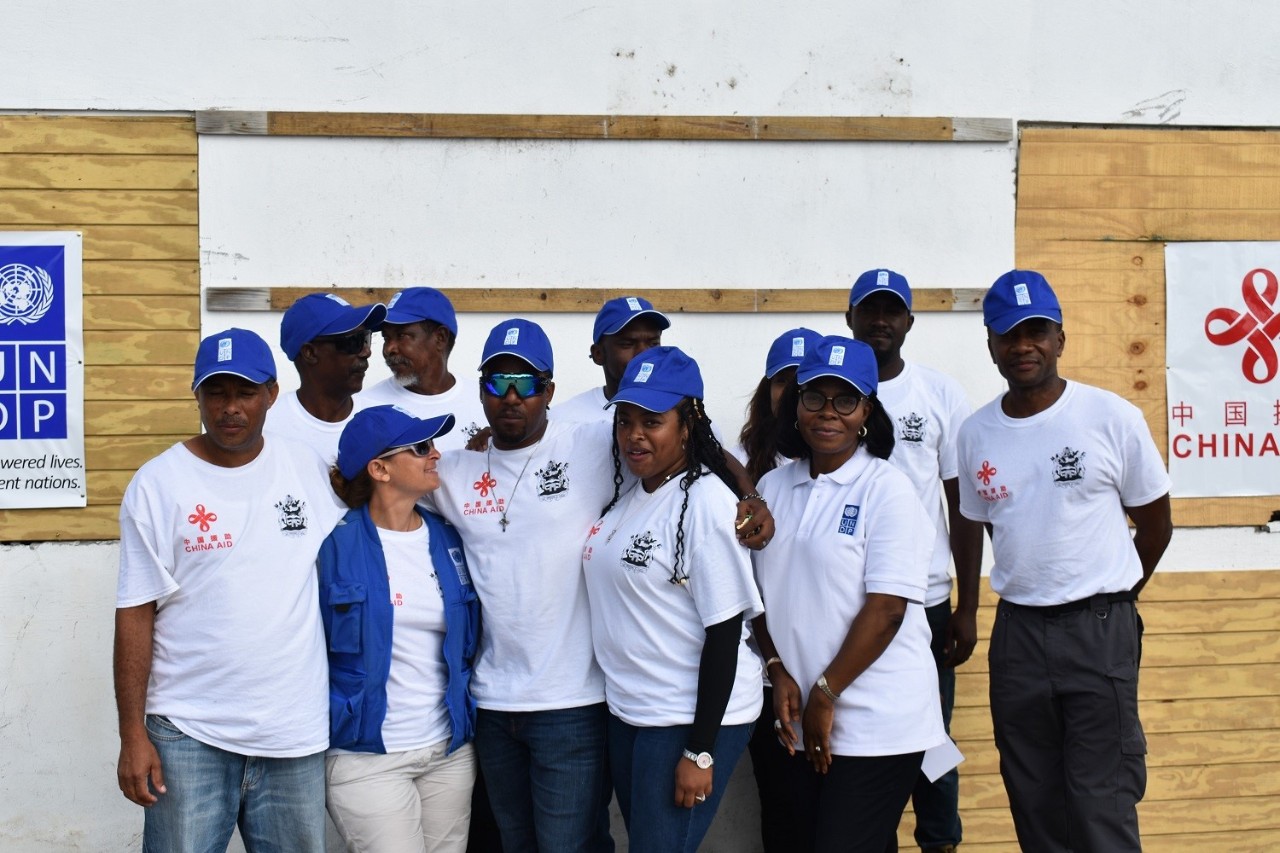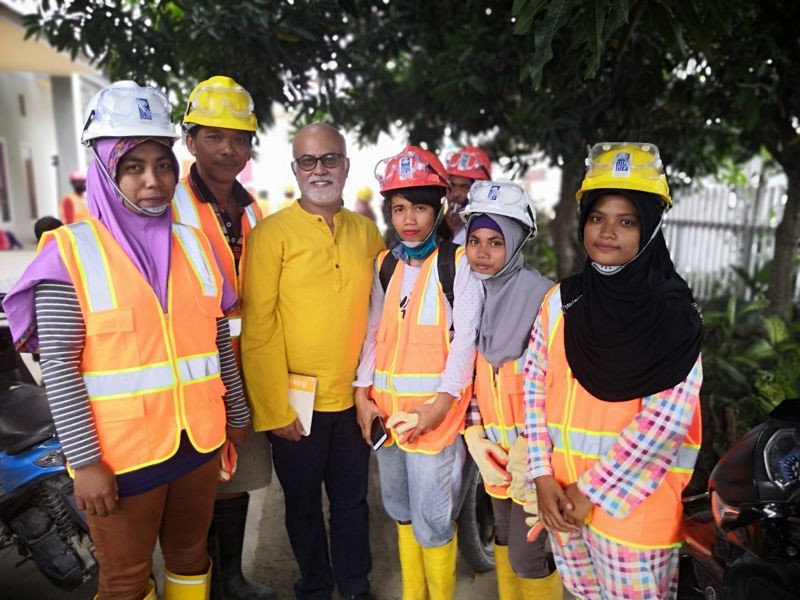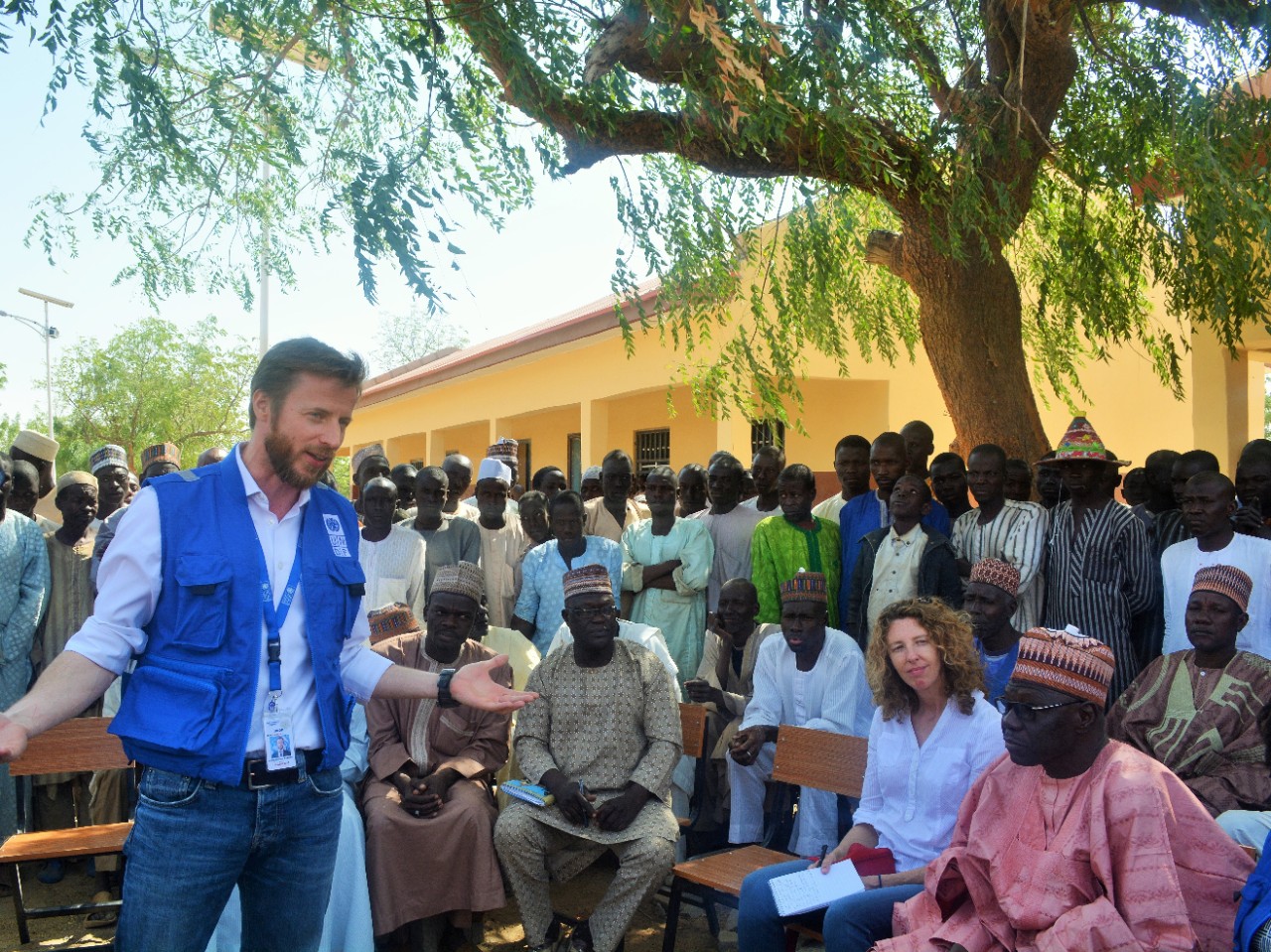Our Focus
Crisis Response
Deployment mechanism
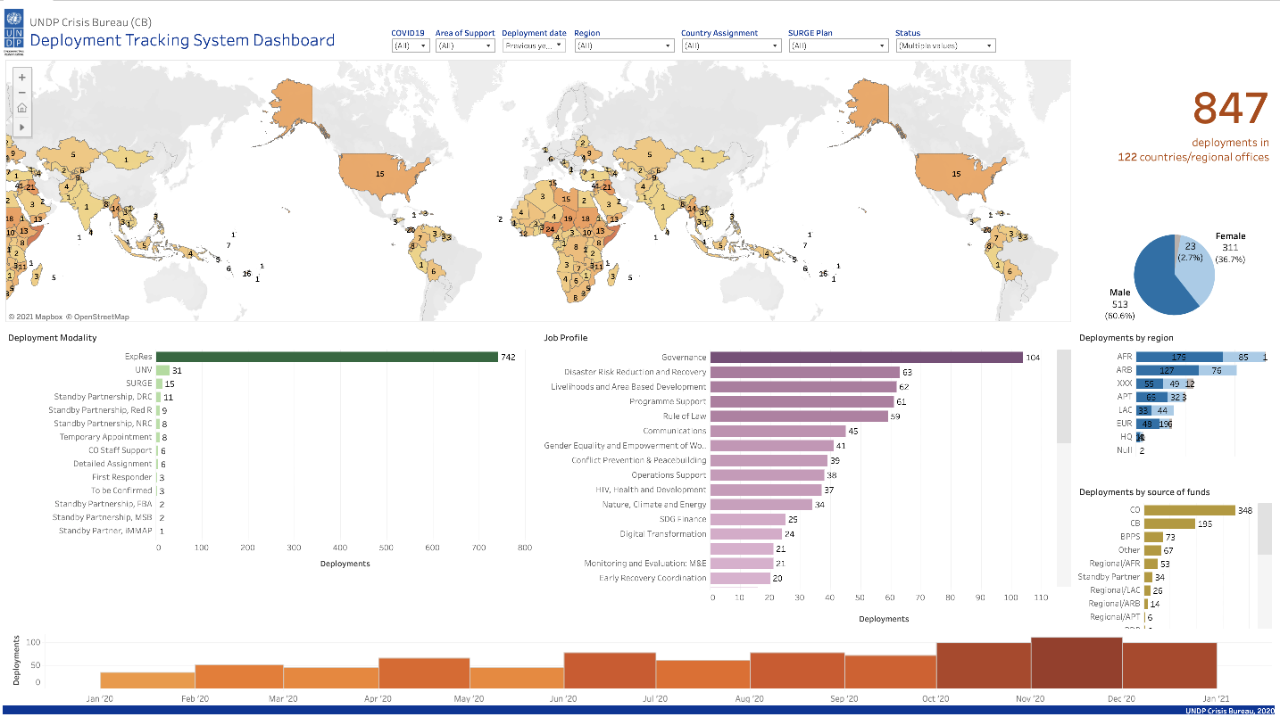
Overview of deployments facilitated by the Crisis Bureau in 2020 (click to enlarge)
To prepare for, respond to, and support recovery from major crises, UNDP Country Offices (COs) have often to meet multiple demands and pressures in addition to their usual workload. Under these circumstances, COs often have a critical need for additional capacity to help them meet these demands and facilitate essential roles in these areas.
UNDP has several deployable capacities that can be drawn upon, including SURGE Advisors, and external experts from the GPN/ExpRes ONE roster and Stand-by Partners.
Overall in 2020, UNDP Crisis Bureau facilitated over 847 deployments to over 122 countries/offices. Of these deployments, 741 were GPN/ExpRes consultants, 42 were staff (mostly SURGE advisors), 33 were through Standby Partnerships and 31 were United Nations Volunteers.
UNDP periodically commissions reviews of its deployments mechanism to ensure systems remain up to date and new technology and ideas are brought on board.
SURGE Advisors are deployed as First Responders (FR) in the immediate aftermath of a crisis, as part of a SURGE planning team or as SURGE support during the 3-6 month recovery period. SURGE advisors are UNDP staff members selected for their extensive experience in their technical field and in crisis situations. They also have strong analytical, interpersonal, team work, communication, and stress management skills, with a proven ability to deliver timely and quality results under pressure. Once requested to participate in a FR or SURGE mission, advisors must be ready to deploy within days. These missions are typically between 2 weeks and 3 months.
Stand-by Partnership Programme: UNDP has agreements with 7 partners to deploy additional capacity on a pro bono basis. Under these arrangements, partners maintain a pool of technical experts that can be deployed to UNDP to enhance its crisis response capacity. While standby arrangements primarily support the response to a crisis, these partnerships can also strengthen the capacity of partner countries for crisis preparedness and risk reduction. UNDP currently has Memorandum of Understandings with the following Stand-by Partner organizations: Swedish Civil Contingencies Agency (MSB), Norwegian Refugee Council (NRC), Danish Refugee Council (DRC), Canada's Civilian Reserve (CANADEM), Dutch SURGE Support, RedR Australia, and iMMAP.

The UNDP ExpRes Roster: The UNDP ExpRes Roster is a consultant deployment mechanism which maintains pre-vetted consultants for quick support to UNDP Country Offices. The ExpRes Roster currently has over 6,500 vetted consultants and is organized into 30 knowledge profiles and 182 sub-profiles:

 Locations
Locations